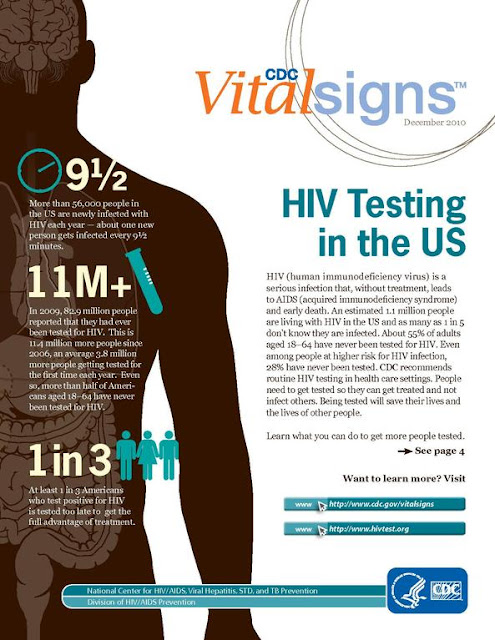MOBILE, Alabama -- The Mobile County Health Department's Teen Center has become a preparation site for those who want to take the GED, a high school equivalency exam given to those who did not complete 12th grade. The MCHD has partnered with Bishop State Community College to offer classes to clients of the agency and anyone else in the community who wants to be better prepared for the GED.
Felecia Allen, who is the Teen's Center's director, said the classes have already begun, and are offered twice a week in a group setting in the auditorium of the Newburn Building on Cox Street in Mobile. Classes are from 9 a.m. until noon on Mondays and from 1 p.m. until 4 p.m. on Wednesdays, she said.
The Teen Center serves clients between the ages of 10 and 19, many of whom are pregnant or are new mothers. Many of them have dropped out of high school because of the challenges facing young mothers with little family support. "Taking the GED will help them become more self-sufficient," Allen said. "In the long run, it will help them be better prepared to take care of themselves and their families."
The push to get more high school drop outs to take the GED now instead of later has become an issue because plans have been announced to make the test more expensive beginning in January 2014, with the price rising from about $50 to $150 to take the test. The GED also will change with the new year and become more of a college entrance exam, according to those familiar with the new test.
The new assessment will continue to provide adults the opportunity to earn a high school credential, but it goes further by measuring career- and college-readiness skills. Four content areas—literacy, mathematics, science, and social studies—will measure a foundational core of knowledge and skills that are essential for career and college readiness.
According to the GED testing company, evidence suggests that test-takers who demonstrate fluency with the skills measured in the new assessment will be better prepared for the future. The company called it a stepping-stone toward a college classroom or a better career and a family sustaining wage.
"We are trying to get as many clients as we can to take it now," Allen said. If someone is already attending at another site and wants to change to the TEEN Center they need to bring their GED assessment scores with them and contact the TEEN Center to ensure a spot in the program, she said.







.jpg)

